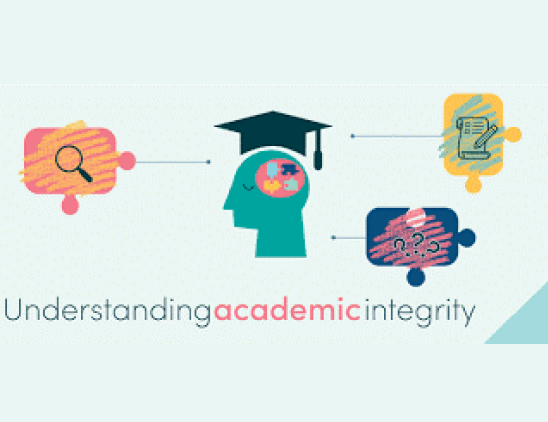AVOIDING PLAGIARISM & ACADEMIC MISCONDUCT

Plagiarism and academic misconduct undermine the credibility of research and can lead to severe academic and professional consequences. Researchers must take steps to maintain integrity in their scholarly work:
Cite All Sources Properly: Proper referencing gives credit to original authors and acknowledges previous research contributions. Using correct citation styles such as Westminster Harvard for general research and OSCOLA for legal studies ensures consistency and academic integrity.
Use Plagiarism Detection Tools: Checking work through plagiarism detection software such as Grammarly. It can help detect unintentional plagiarism and improve originality before submission. Researchers should review similarity reports and make necessary revisions to ensure compliance with academic standards (Park, 2003).
Paraphrase Effectively: Researchers should restate ideas in their own words while preserving the original meaning. Patchwriting—where slight modifications are made to copied text—still constitutes plagiarism. Proper paraphrasing requires restructuring sentences and using different vocabulary while maintaining the original intent. Direct quotations should be used sparingly and always accompanied by proper citations (Neville, 2016).
Maintain Research Integrity: Practices such as falsifying data, ghostwriting, self-plagiarism, and submitting duplicate work are considered academic misconduct and may result in disciplinary actions. Researchers must ensure their work is authentic, original, and free from deceptive practices (Roig, 2015). Universities enforce strict penalties for misconduct, including rejection of research and academic probation.
